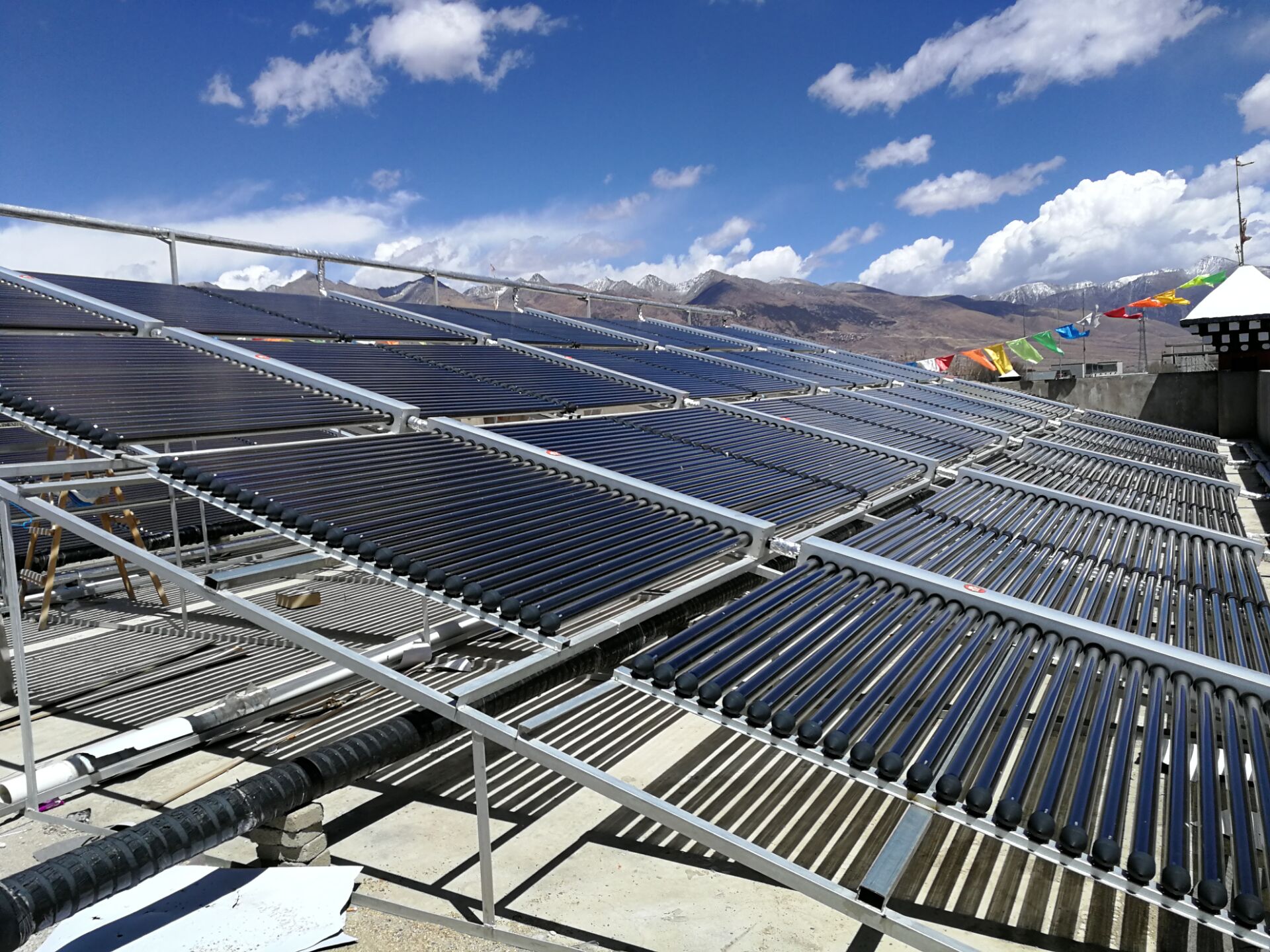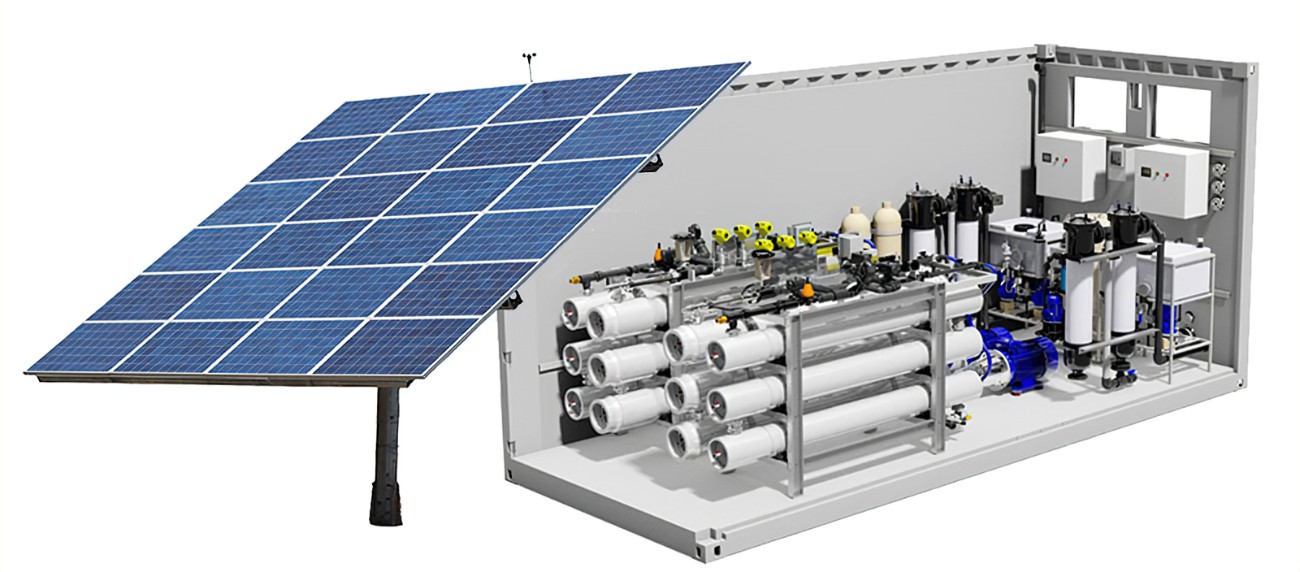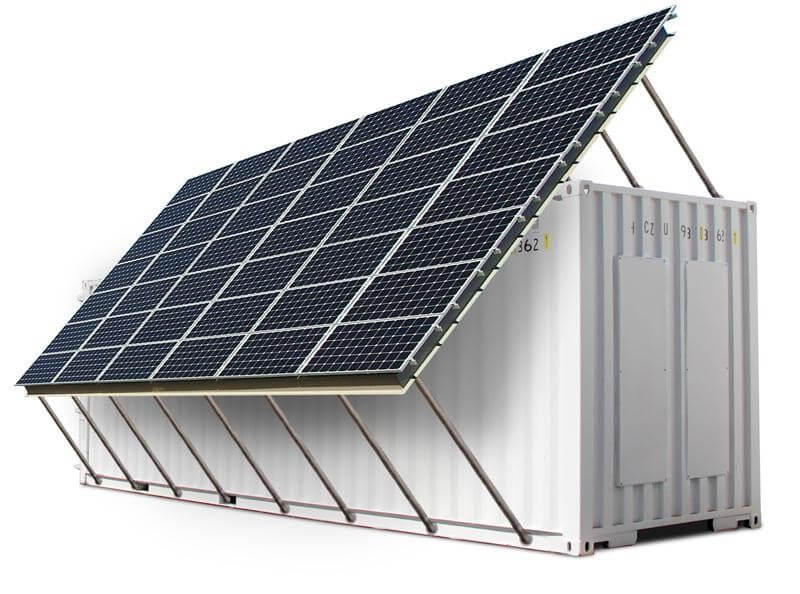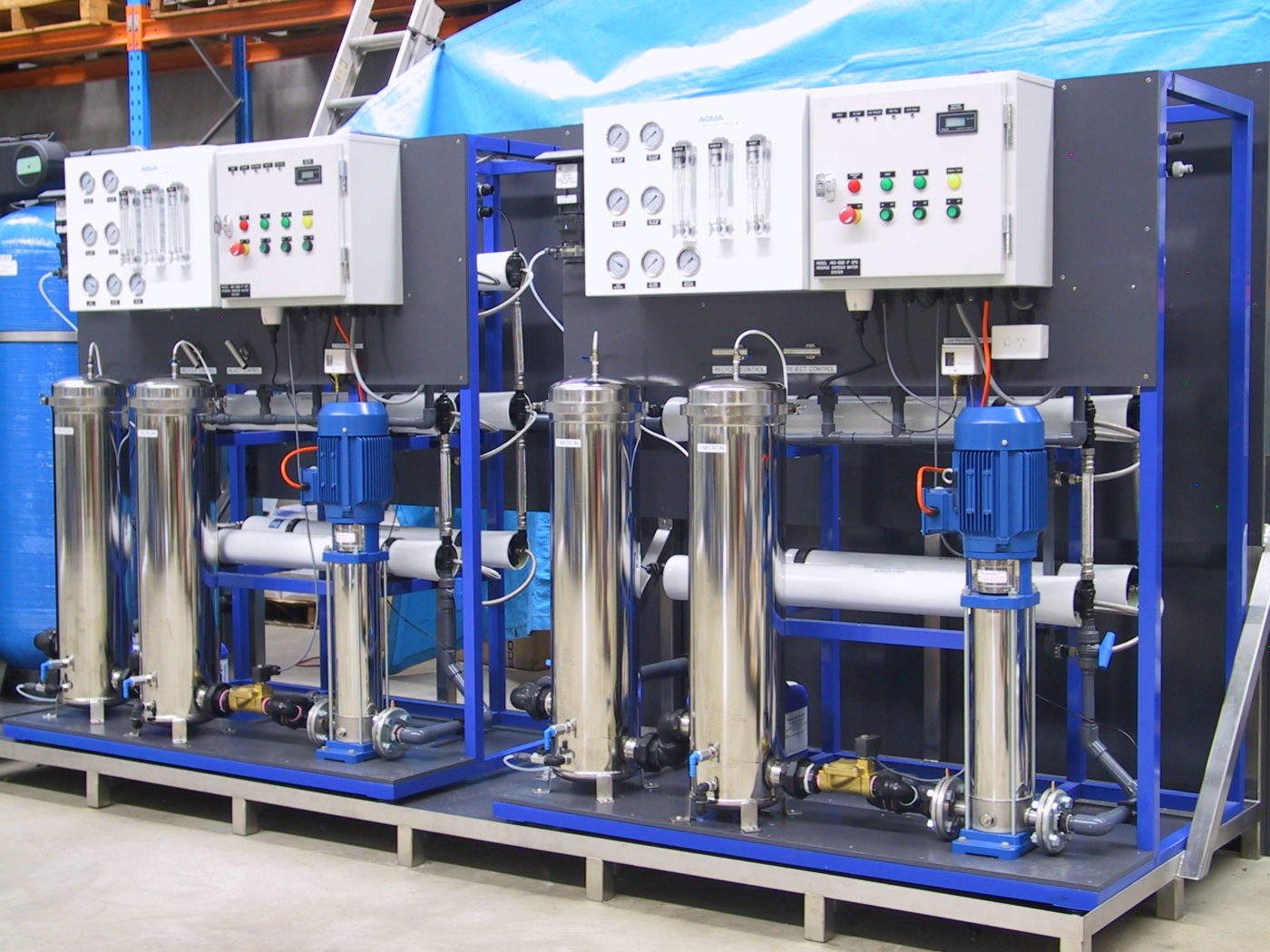Does reverse osmosis use solar energy?
In the current era of concern about environmental protection and renewable energy, there is an increasing interest in using clean energy sources such as solar energy to power various technologies. Among them, reverse osmosis technology is an important water treatment technology, and whether it can be driven by solar energy has attracted much attention.
Solar powered reverse osmosis system
Reverse osmosis is a technology that filters and purifies water through a semi-permeable membrane. It usually requires the use of electric power to drive the water permeation process. However, with the development and innovation of technology, solar-powered reverse osmosis systems have emerged. These systems use solar panels to convert solar energy into electricity, which provides the power needed for reverse osmosis systems to achieve the water purification process.
Advantages of Solar Powered Reverse Osmosis Systems
Solar powered reverse osmosis systems offer some significant advantages over traditional electrically powered reverse osmosis systems. First of all, solar energy is an endless source of clean energy, which can not only reduce the operating costs of the system, but also reduce dependence on fossil energy and reduce carbon emissions. Second, solar-powered systems typically have longer runtimes because the solar panels can charge during the day, providing enough power for the system.
Applications of Solar Powered Reverse Osmosis Systems
Solar powered reverse osmosis systems are widely used in many places. For example, in remote areas or places without grid coverage, solar-powered reverse osmosis systems can provide a reliable freshwater solution. In addition, in some developing countries, solar-driven reverse osmosis systems are also widely used in community water supply projects to provide clean drinking water to local residents.

How efficient is a solar reverse osmosis system?
Technology maturity
The efficiency of a solar reverse osmosis system is affected by many factors. The first is the maturity of the technology. As solar technology continues to advance and improve, the conversion efficiency of solar panels continues to increase, thereby increasing the overall efficiency of the solar reverse osmosis system.
Environmental conditions
Secondly, environmental conditions can also affect the efficiency of solar reverse osmosis systems. The operating efficiency of the system is affected by factors such as sunshine hours, weather conditions and geographical location. For example, a system may be more efficient in sunny areas, while it may be less efficient on rainy days or in high latitudes.
System design and maintenance
In addition, system design and maintenance are also important factors affecting efficiency. Reasonable system design can maximize the utilization of solar energy resources and improve the operating efficiency of the system. At the same time, regular maintenance and upkeep can ensure the stable operation of the system, reduce energy loss, and improve efficiency.

How does a solar reverse osmosis system work?
The working principle of the solar reverse osmosis system is to use solar panels to convert solar energy into electrical energy, and then drive the reverse osmosis equipment through a high-pressure pump to purify and filter water. During the filtration process, water enters the reverse osmosis membrane module from the high-pressure pump. Through the microporous structure of the membrane, most of the dissolved solids, ions, microorganisms and organic matter are trapped on the other side of the membrane, while the pure water passes through the membrane. It is eventually collected into water storage tanks for people to use. Its working principle is simple and efficient, and it is an environmentally friendly and energy-saving water treatment technology.

What are the advantages and limitations of solar reverse osmosis systems?
The solar reverse osmosis system has the advantages of environmental protection, energy saving, and wide application range, but it also has limitations such as being affected by weather and high construction and maintenance costs. In practical applications, its advantages and limitations need to be comprehensively considered to select appropriate application scenarios and technical solutions.
First of all, the solar reverse osmosis system has the advantages of environmental protection and energy saving. Since solar energy is a renewable energy source, using solar energy as the main energy source can reduce dependence on traditional energy sources, reduce energy consumption and environmental pollution, and is in line with the concept of sustainable development.
Secondly, the solar reverse osmosis system has a wide range of applications and has the advantage of high flexibility. It can be used in remote areas or places without power supply to provide local residents with stable and reliable drinking water resources. It can also be used in special scenarios such as mobile water treatment facilities and ships.
However, solar reverse osmosis systems also have some limitations. First of all, it relies on the supply of solar energy and is affected by sunshine hours and weather conditions, which may cause the stability and continuity of the system to be affected to a certain extent. Secondly, the construction and maintenance costs of solar reverse osmosis systems are relatively high, and the costs of equipment purchase, installation and maintenance need to be considered.

What is the future development trend of solar reverse osmosis systems?
Technological innovation
With the continuous development and innovation of clean energy technology, solar reverse osmosis systems are also constantly improving and perfecting. In the future, we can look forward to the emergence of more efficient, stable and reliable solar reverse osmosis systems to meet the growing demand for fresh water and environmental awareness.
Application development
The application range of solar reverse osmosis systems will also be further expanded. In addition to applications in remote areas and developing countries, solar reverse osmosis systems can also be widely used in urban and industrial areas. In the future, we can foresee that the application of solar reverse osmosis technology in various fields will become more popular and mature.
Sustainable development
Most importantly, the development trend of solar reverse osmosis systems will be closely linked to sustainable development goals. By using clean energy to drive water treatment technology, effective utilization of resources and environmental protection can be achieved, making positive contributions to the sustainable development of human society.






